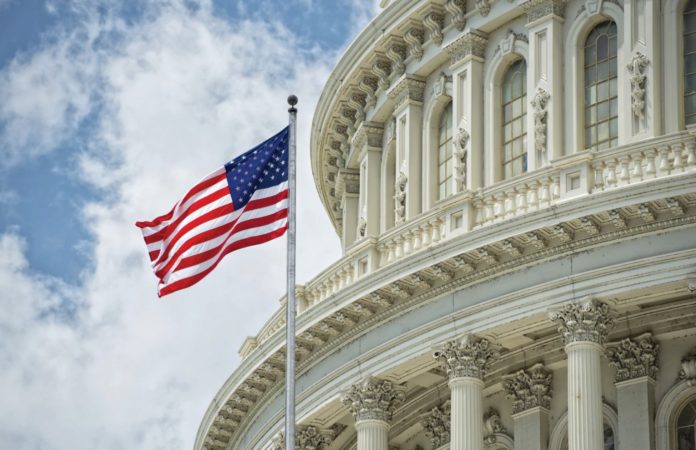Over the course of its history, the N.C. League of Municipalities’ advocacy efforts have been primarily state focused, whether that has meant advocating to state legislators for more local control, better infrastructure or sensible employee benefit policies.
It’s not that the League, its staff and its members never involve themselves with federal legislation. But typically those efforts are targeted and time-limited, focusing on narrow issues like wastewater discharge rules or Internet sales taxes. After all, as municipalities are creatures of the state, state policy brings a much more noticeable and direct effect on municipalities and their residents. And the National League of Cities acts as an advocate for our interests at the national level.
COVID-19 changed a lot of that in 2020.
When the virus and its economic fallout hit, North Carolina cities and towns – like those across the country – saw significant revenue losses. It became apparent that Congress and any relief packages that it approved would serve as the most likely means of addressing those revenue shortfalls, as the state dealt with revenue losses of its own.
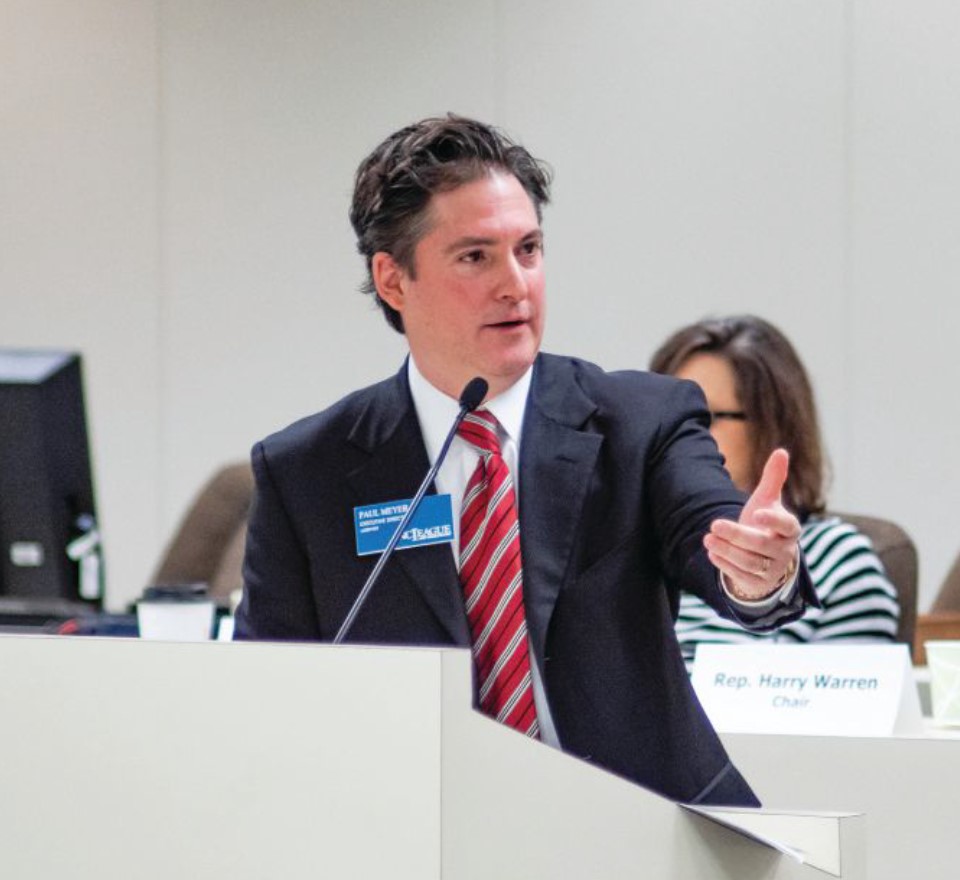
Responding to that reality in the landscape of COVID-19, the League in April began putting together and executing a strategy to inform the state’s congressional delegation and the larger public about those needs, how critical cities and towns are to long-term economic recovery, and why Congress needed to address the needs with direct appropriations to municipalities.
The results of those efforts were still playing out as of this writing, with congressional negotiators working on a new round of federal relief in early August. Nonetheless, by that time, the voices of North Carolina cities and towns were being heard.
With stay-at-home orders beginning in March, one of the first steps that the League’s Public & Government Affairs staff took was to create a virtual “Advancing Advocacy” series of weekly meetings to inform members about the advocacy landscape and how we would proceed on the revenue front. In each of those virtual meetings, well over 150 municipal representatives took part.
The team’s grassroots staff, Addison McDowell and Christine Heubusch, set up a series of virtual meetings among members of the state’s congressional delegation, their staff members, League staff and League member representatives. In each, questions were submitted by League member representatives querying members of Congress about the prospects of various proposals that could assist cities and towns in addressing the crisis.
Those meetings began just after Congress had passed the CARES Act, which set aside $150 billion for state and local governments. But except for some direct appropriations to the country’s largest cities and counties, the legislation essentially left local governments at the mercy of state governments when it came to distributing the money.

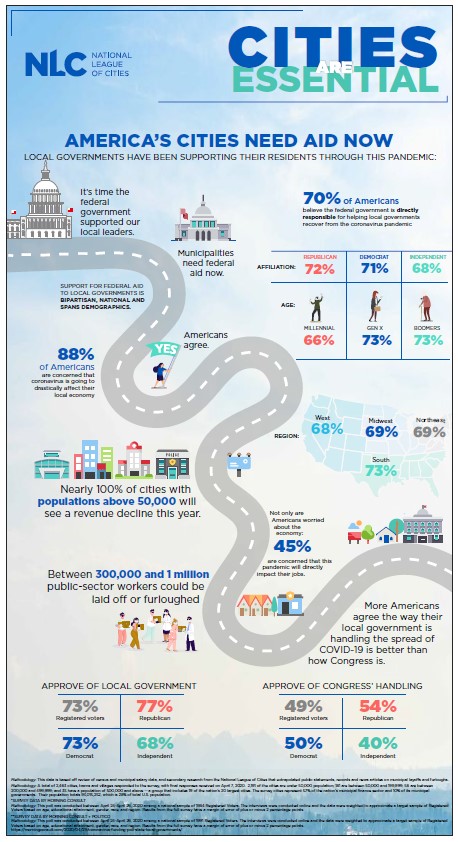
The North Carolina General Assembly eventually passed on $300 million of the more than $3 billion that the state received to local governments, with 25 percent required to be sent to municipalities. The federal legislation, though, limited those dollars to expenses primarily related to the health effects and offered little relief for revenue losses.
Against that backdrop, the League’s campaign to push Congress to assist in funding these losses kicked into high gear. In coordination with the National League of Cities’ “Cities are Essential Campaign,” the League’s effort focused on direct letter-writing to members of Congress, targeted calls by members, op-eds placed in newspapers and other media outreach, and the use of social media to amplify all of those efforts and make direct appeals with some innovative messages.
Grassroots and communications staff worked with more than 250 mayors in the state, who signed on to letters to their U.S. House member and U.S. Sens. Thom Tillis and Richard Burr, with the letters organized by congressional district. As the U.S. House had, in late May, approved its own bill that included additional, direct and flexible funding for local government, Tillis and Burr had become key audiences for the effort.
Those letters, along with League communications generally, made the case that cities, as key builders of infrastructure, needed to remain financially healthy to help the larger economy recover from the decline in business activity related to the virus. Each also included some specific effects in individual towns and cites to demonstrate concrete examples of the economic harm
“Cities and towns did not cause the situation that they now find themselves in; a global pandemic did. Their needs are neither Republican nor Democratic. Their needs are the needs of the citizens of our state, in small towns and in larger cities,” the letters concluded.
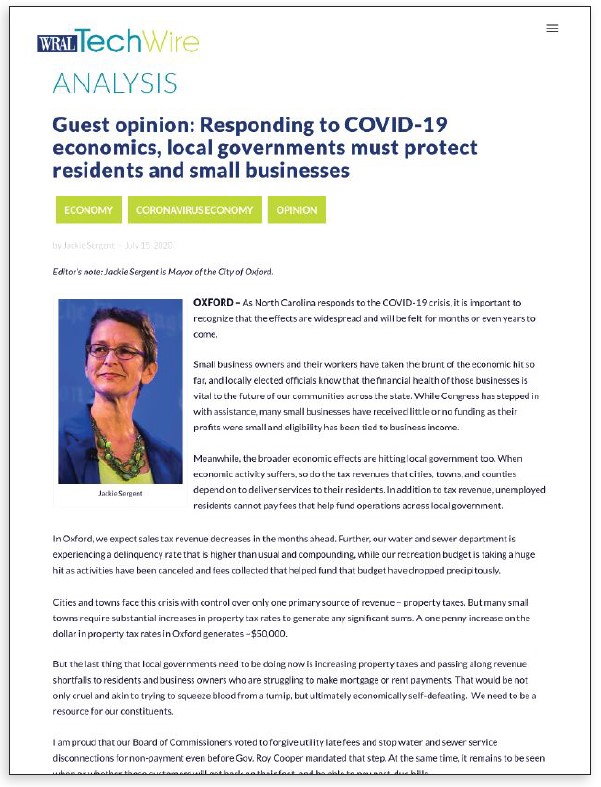
Media outlets across the state picked up on the correspondence. Meanwhile, a handful of mayors and members of the NLCM Board of Directors worked with League staff to place op-eds in newspapers around the state to continue making those points. One of those, an oped in the Greenville Reflector from N.C. Mayors Association chair Gloristine Brown pointed out, “As much as we worry about our municipal employees, this is about more than just potential layoffs. Local governments and their financial health are crucial to economic recovery. That is not just the opinion of locally elected officials. It is the opinion of economists who study these issues. Study after study looking at the aftermath of the 2008 Great Recession showed how struggling state and local governments, required to balance their budgets, slowed a national recovery because of their budget cuts.”
Other op-eds were published in: The Greensboro News & Record, from Reidsville Mayor Jay Donecker, Eden Mayor Neville Hall, and Madison Mayor David Myers; The Salisbury Post, from Salisbury Mayor and NCLM First Vice President Karen Alexander; The Asheville Citizen-Times, from Franklin Mayor Bob Scott; WRAL-TV website, from Oxford Mayor Jackie Sergent; and the Kinston Free Press, from Kinston Mayor Don Hardy.
In June, an editorial appearing in both the Raleigh News & Observer and Charlotte Observer quoted both NLCM President Jennifer Robinson and NCLM Executive Director Paul Meyer. It concluded, “Government spending in a recession sustains and creates jobs.”
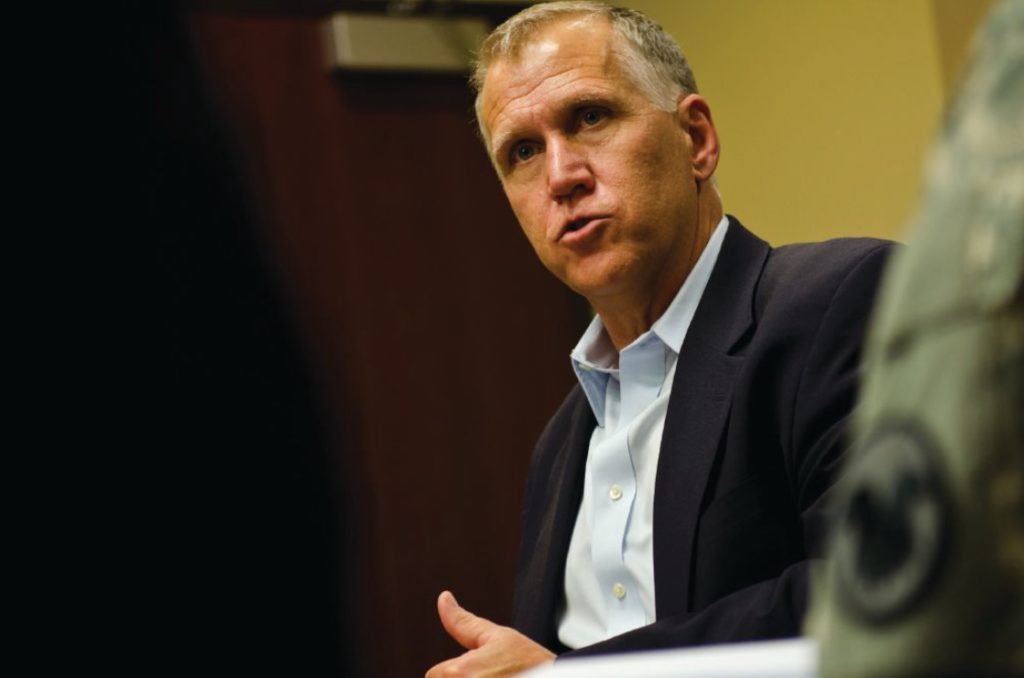
Meyer appeared on several news shows and was quoted in the Washington Post in a news article about the issues facing municipal utility systems in the wake of customers struggling to pay their bills. In that same vein, the League’s social media channels featured a League-produced video in which Meyer spoke to the dire need to address all of these issues. “The cities are in the economic fight of their lives, and they need Senator Tillis and Senator Burr and the members of the House delegation to support legislation that will provide direct relief for cities and towns,” Meyer said.
Using social media marketing tools, that video was pushed out to a broad audience in the state, and well over 10,000 people saw it. That direct appeal continued in an animated, narrated motion graphic again making the case for relief while showing how cities create a foundation for economic growth. It also reached thousands of viewers through both social media and the League partnership with WRAL Digital advertising.
Other parts of the effort including working with other advocacy organizations and private-sector allies who understand what is at stake for their organization members and businesses, pushing out letters and other communication.
Across platforms and across media markets – and through direct appeals to the decision-makers themselves – this months-long advocacy campaign has resonated across the state. Our members of Congress understand the case made and the needs expressed. In the coming weeks (as of this writing), we will know their answer.


